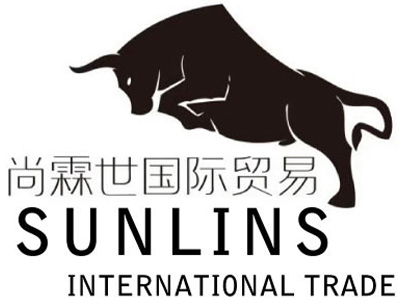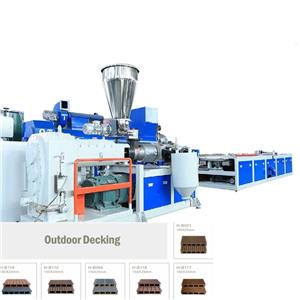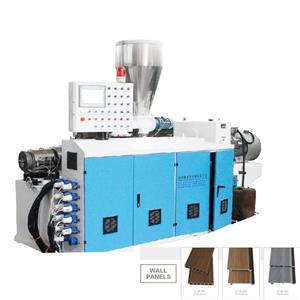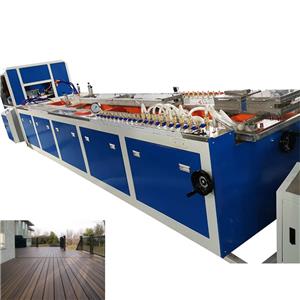EU pushes forward with plastic recycling
People's Daily reported that the European Union recently launched its third "Waste Reduction Week", emphasizing the need to reduce, reuse and recycle waste. The EU has continued to introduce relevant measures to promote an effective response to the problem of plastic waste.
Plastic raw materials are cheap but expensive to recycle. Compared with other materials, the utilization rate and recycling rate of plastics after one use cycle are not high. Of the approximately 29.1 million tonnes of plastic waste generated in the EU each year, only 32.5% is recycled. Many plastics also enter rivers and oceans, causing more pollution.
In order to reduce plastic waste and improve recycling efficiency, the European Union promulgated the "EU Plastics Strategy" in January 2018, planning to invest 350 million euros to speed up the research and development process, realize the modernization of plastic production and recycling processes, and strive to make the EU market by 2030. All plastic packaging is reusable or recyclable, and the recycling rate has increased to 55%. In December of that year, the EU Closed-Loop Plastics Alliance was established. Timmermans, executive vice-president of the European Commission, believes that close cooperation between all links in the plastics industry chain is essential to achieve a true plastics circular economy and ensure that recycled plastics are adopted into new products.
In the past few years, the number of members of the alliance has increased from more than 70 at the beginning of its establishment to 293, covering the plastic industry chain including manufacturers, brands, retailers, recycling companies, etc. The output of recycled plastics has increased by nearly 30%. The alliance proposes to further improve the recyclability of 26 plastic products in industries such as packaging, construction, agriculture and household appliances, which account for more than 60% of plastic waste in Europe.
From January 1, 2021, the European Union banned its member states from shipping all non-recyclable plastic waste to developing countries. Under the rules, only recyclable "clean plastic waste" is allowed to be exported to non-OECD countries. In addition, stricter measures have been introduced for the export of plastic waste to OECD countries and the intra-EU shipment of plastic waste. In July, the European Union banned the use of single-use plastic products with non-plastic alternatives. It is estimated that the directive will increase the recycling rate of plastic packaging in the EU to 41.5%.
Some experts pointed out that while improving the recycling rate of plastic waste, it is also necessary to reduce the use of plastics in all aspects. Christopher, a Brussels resident who was shopping in a supermarket, told reporters that there has always been the problem of excessive use of plastic packaging in daily life, "Some foods that are only a few tens of grams are wrapped in multiple layers of plastic, and many foods are actually not Excessive plastic packaging is required".
A recycling worker in charge of collecting plastic waste told reporters: "A few years ago, we only needed to pull one truck to recycle an entire street of plastic waste. Now we can fill two trucks. We should stop and think about it. How to solve environmental problems from the source."




